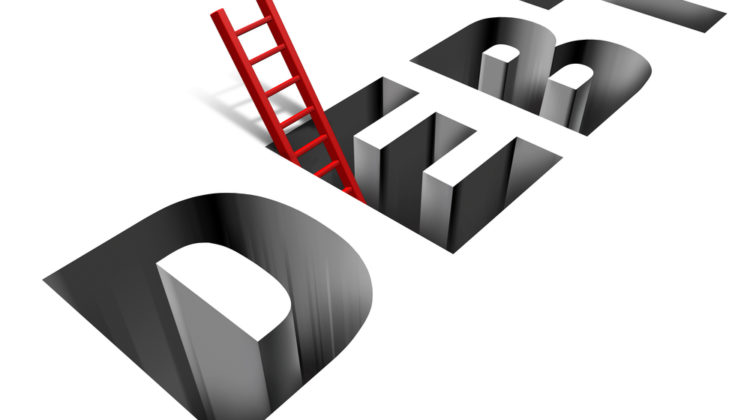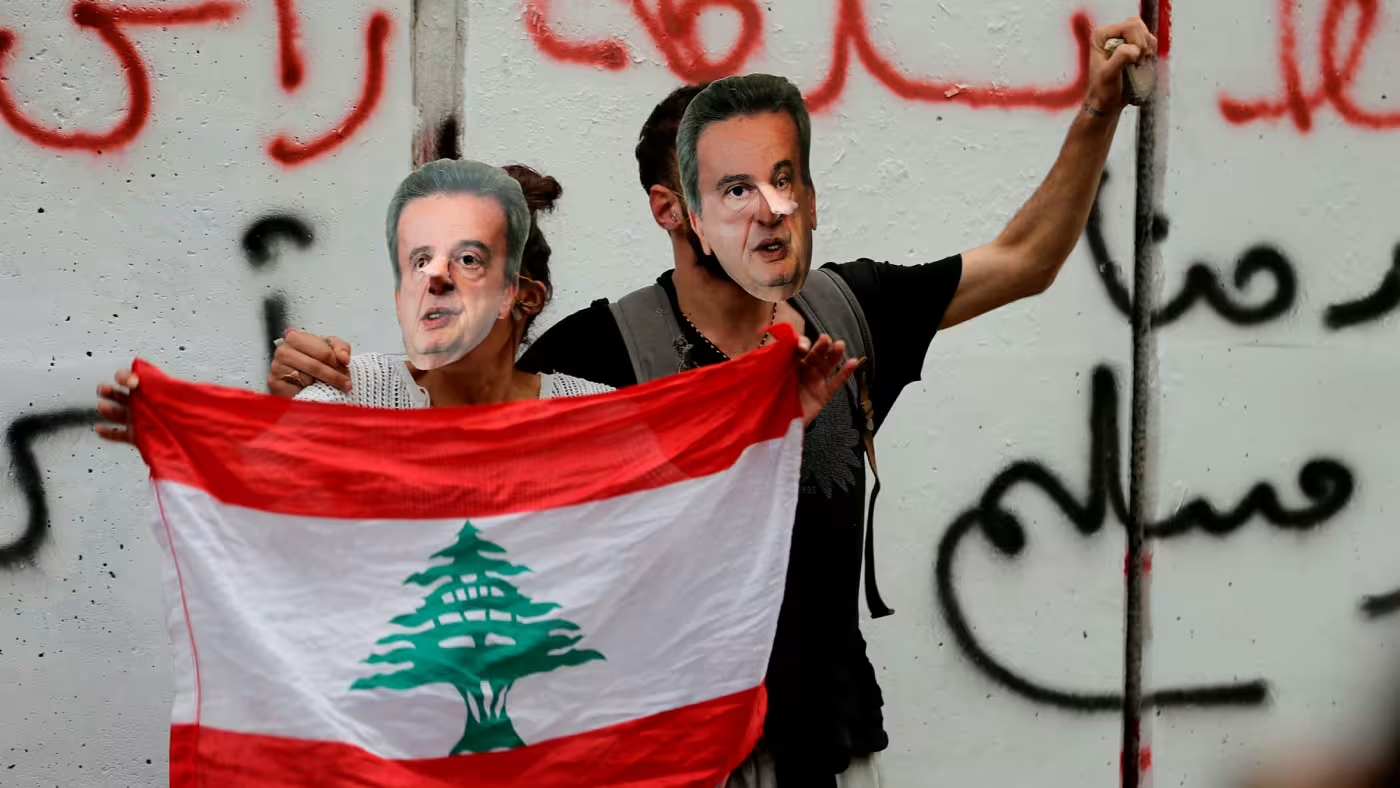It’s official, PM Hassan Diab has announced today that Lebanon is unable to pay its foreign currency loans and will default on its sovereign debt ($1.2bn Eurobond due on 9 March) for the first time ever. He also added that there are ongoing negotiations with bondholders and lenders to restructure the loans.
Diab also stated that a rescue plan will be announced that will include a restructuring of the banking & electricity sectors, reducing expenses and fighting corruption but he did not go into details or share an action plan or even timelines.
What now?
I posted a week ago about what follows a default usually:
1- Currency of the country is devalued (Which is already the case even if unofficially).
2- Debt restructuring such as extending load payments dates etc ..
3- Austerity measures and economic reforms to be adopted by the government.
4- Investors will stay away from the country until the situation is stable, which is also the case now.
5- The country will lose its reputation (What reputation?), after its ratings are dropped.
There might be some legal actions by lenders against Lebanon, which would deepen the economic crisis, but the only important matter right now is for the government to have a swift rescue plan. To be honest, we didn’t need to wait till March 7 to announce that we’re not paying because we never had the money, and these late decisions are not a good sign, but let’s wait for next week and see what they announce, assuming they would have finalized the rescue plan.
Some of the decisions that are being leaked but were not confirmed include:
– Restructuring loans over 3 years
– Fix the Lira rate at LL2000
– Impose Capital Controls on accounts holding more than $100K
– 20 to 30% haircut on accounts holding more than $1M
– Reducing public sector expenses by 30%
Again these are speculations but it would only make sense to implement them and more importantly tackle all the hanging corruption scandals through an independent judiciary committee.











[vivafbcomment]